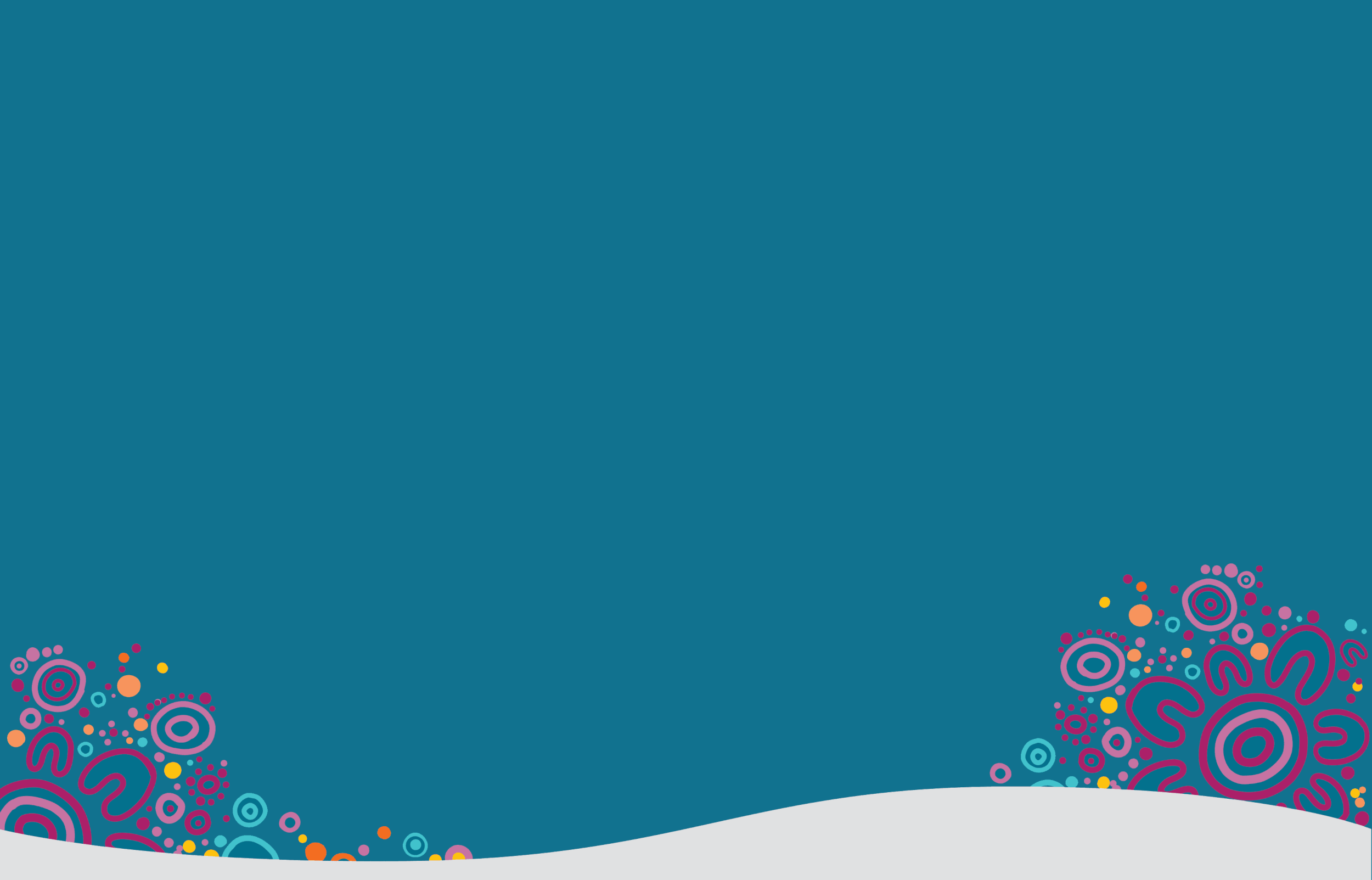
FAQs
Frequently Asked Questions

-
In just one year across Australia close to 600 children aged 0 to 13 years were locked up and thousands more were hauled through the criminal legal system. Aboriginal and Torres Strait Islander children are disproportionately impacted by these laws and pushed into prison cells at even higher rates, accounting for 65 per cent of these younger children in prisons.
-
Every child deserves to be healthy and to reach their potential. In order to achieve this goal, more must be done to ensure children receive help and support including better access to mental health care, mentoring and education.
The best way to prevent future offending, to make our communities safer and to give children the best possible chance of a good life, is to support and build the capacity of families, engage and support kids to stay in school, address family violence and housing instability, and identify and respond to health and disability needs.
-
It is rare for children aged 10-13 years to be charged with a serious offence of violence. The majority of children who get funnelled into the criminal legal system are dealt with for offences of theft, burglary and property-related crime.
Where a child aged between 10 and 13 years is alleged to have caused harm to another, this is a sign of something having gone wrong in that child's life. Violent actions or behaviour in young children are often directly linked to experiences of trauma, neglect, and harm or unaddressed mental or physical health problems. Rather than criminalise trauma, it is the responsibility of our governments to provide that child with the services needed to address the underlying causes of their behaviour and to set them onto a better path. The worst place for a child to be is in prison.
There are services and programs which are more responsive to the needs of children and effective in addressing problematic behaviours.
Critically, these are therapeutic and developmentally appropriate, rather than punitive.
-
Doctors say that children aged 10 to 13 years lack emotional, mental and neurological maturity to really understand the consequences of their actions – this is why locking kids up is not only cruel, it doesn’t work!
When children’s brains are still developing throughout these formative years they need age-appropriate, therapeutic responses to their actions. This could mean an experienced youth worker supporting a child to recognise the harm caused by their behaviour; it could involve a case worker supporting a whole family to support a young person who is struggling; or it could mean a young person participating in a program to develop skills to cope with complex or distressing emotions.
There are lots of evidence-based programs and supports that support children to learn and grow, instead of just locking them away.
-
Children 13 years and under are not at a cognitive level of development where they may be able to fully appreciate the nature of their actions or the life-long consequences of being labelled a criminal.
Children are different from adults in terms of their emotional and mental capacity, and deserve and require different treatment. In particular, specific regions of a child's brain responsible for higher functions such as planning, reasoning, judgement and impulse control will not yet be developed and won't fully mature until their 20s.
-
This campaign has been developed by a coalition of legal, medical and social justice organisations, including Aboriginal and Torres Strait Islander community owned organisations. This group includes National Aboriginal and Torres Strait Islander Legal Services, Australian Indigenous Doctors Association, Change the Record, Human Rights Law Centre, Law Council of Australia, Amnesty International Australia, Australian Medical Association, Royal Australasian College of Physicians and Public Health Association of Australia.
